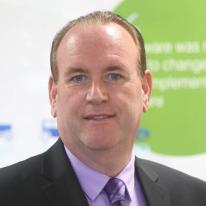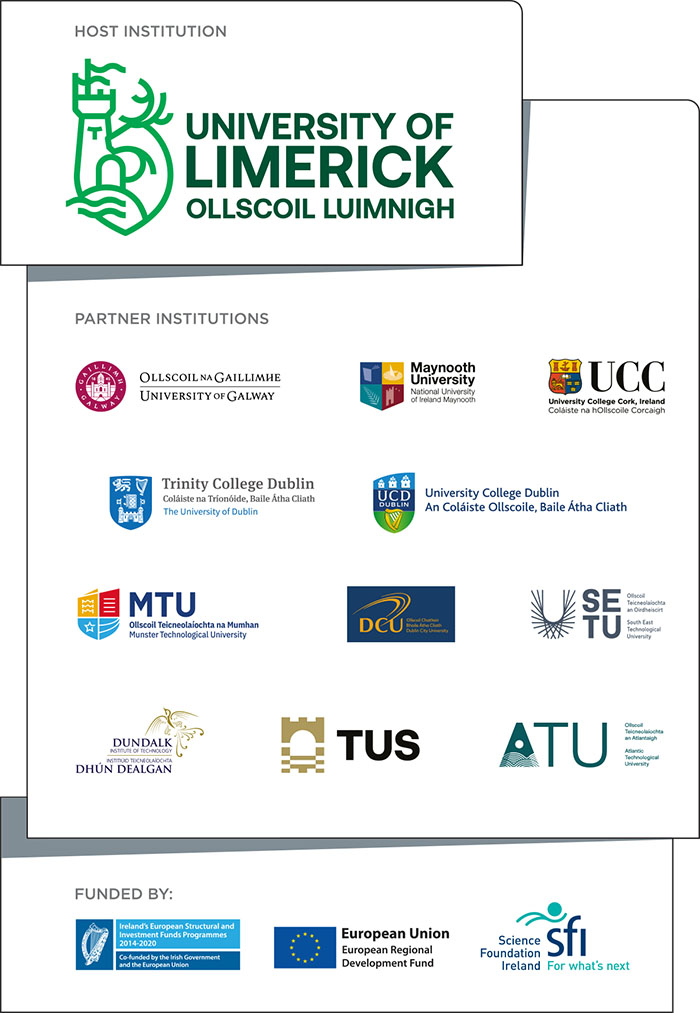Mike Hinchey
Academic
Professor Mike Hinchey is the former Director of Lero and Professor of Software Engineering at the University of Limerick. Prof Hinchey was previously Director of the Software Engineering Laboratory at NASA Goddard Space Flight Centre in Greenbelt, Maryland. He remains as a consultant to NASA. His work with NASA was implemented in various space projects and will be incorporated in future missions. Particular areas of software research for Professor Hinchey include Formal Methods, Autonomous Systems and Software Reliability.
.
2011. The ASSL Approach to Specifying Self-Managing Embedded Systems. Concurrency and Computation: Practice and Experience.
.
2011. A Control Theory Based Approach for Self-Healing of Un-handled Runtime Exceptions. 8th International Conference on Autonomic Computing (ICAC 2011)8th International Conference on Autonomic Computing (ICAC 2011).
.
2011. Systems, methods and apparatus for quiesence of autonomic systems with self action. #7,899,760
.
2011. Representing Knowledge in Robotic Systems with KnowLang. Proceedings of the 1st International ISoLA Workshop on Software Aspects of Robotic Systems.
.
2011. Otoacoustic protection in biologically-inspired systems. 8,041,655
.
2011. Modeling NASA swarm-based systems: using agent-oriented software engineering and formal methods. Journal of Systems and Software Modelling. 10
.
2011. Knowledge Representation and Reasoning for Intelligent Software Systems. IEEE Computer. 44
.
2011. Knowledge Representation and Awareness in Autonomic Service-Component Ensembles – State of the Art. Proceedings of the 14th IEEE International Symposium on Object/Component/Service-oriented Real-time Distributed Computing (ISCORC 2011)Proceedings of the 14th IEEE International Symposium on Object/Component/Service-oriented Real-time Distributed Computin.
.
2011. Fundamentals of Designing Complex Aerospace Software Systems. Proceedings of Complex Systems Design & Management (CSDM2011)Proceedings of Complex Systems Design & Management (CSDM2011).
.
2011. FastFIX: An Approach to Self-Healing. Proceedings of the Federated Conference on Computer Science and Information SystemsProceedings of the Federated Conference on Computer Science and Information Systems.





